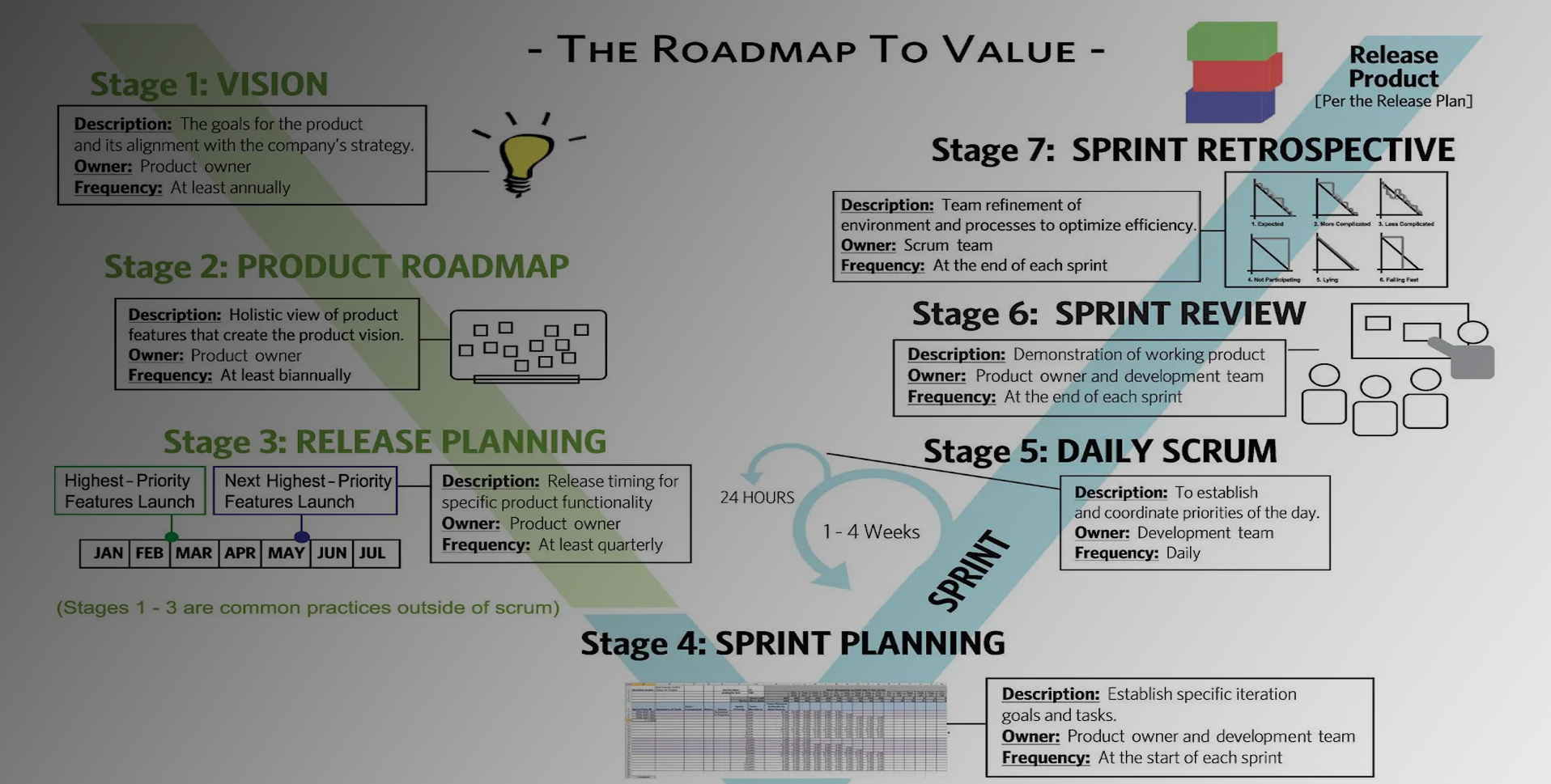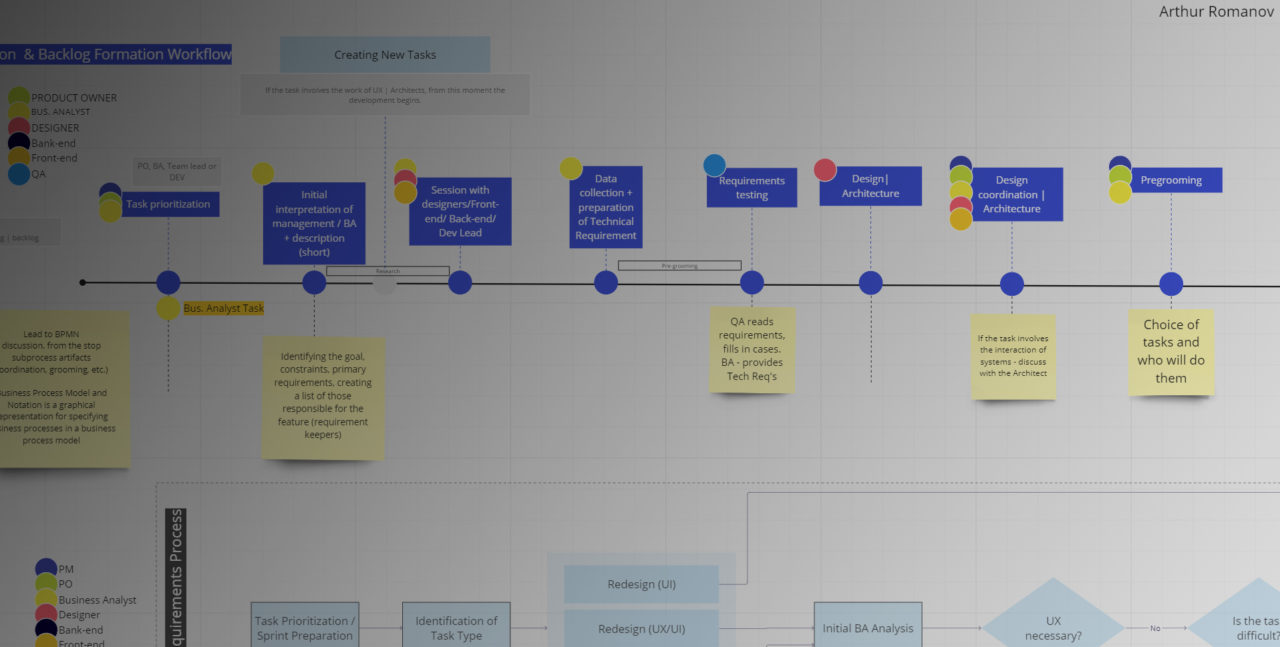Introduction.
Scrum, an agile framework for managing projects, has gained significant popularity across various industries. Its flexible and iterative approach to project management has allowed organizations to become more adaptive and responsive to changing requirements.
Within the Scrum framework, the role of the Business Analyst (BA) is not explicitly defined, leading to questions about how a BA fits into Scrum teams. In this article, we will explore the crucial role of a Business Analyst in a Scrum environment and how their unique skill set can be a valuable asset.

Understanding Scrum.
Before delving into the role of a Business Analyst in Scrum, let’s briefly understand Scrum itself. Scrum is a framework that promotes iterative development, focusing on delivering a potentially shippable product incrementally. It comprises specific roles, events, and artifacts. The primary roles in Scrum are the Product Owner, Scrum Master, and the Development Team.

Role of a Business Analyst.
Traditionally, Business Analysts are associated with requirements gathering, analysis, and documentation. However, in Scrum, these responsibilities are distributed among various roles within the team. So, where does a Business Analyst fit in?
Collaborative Requirements Analysis: One of the key strengths of a Business Analyst is their ability to work closely with stakeholders to elicit, analyze, and document requirements. In Scrum, this skill is invaluable during Sprint Planning and Sprint Review meetings. BAs can collaborate with Product Owners and Development Teams to ensure that user stories are well-defined and meet the acceptance criteria.
User Story Refinement: Business Analysts can actively participate in the User Story Refinement process. They can help refine user stories to ensure they are clear, concise, and actionable. This ensures that the Development Team has a clear understanding of the work to be done.
Acceptance Criteria: Defining detailed acceptance criteria is crucial for user stories. BAs excel at creating comprehensive criteria that describe the conditions that must be met for a user story to be considered “done.” This plays a significant role during the Sprint Planning and Sprint Review meetings.
Domain Expertise: Business Analysts often possess deep domain knowledge, which can be invaluable in providing insights during the product development process. They can bridge the communication gap between the technical team and non-technical stakeholders.
Change Management: Scrum embraces change, and BAs can help in managing changes effectively. They can assess the impact of changes on the project and work with the team to adapt as needed.
Quality Assurance: BAs can collaborate with the Testing Team to ensure that the software meets the specified requirements. Their ability to create test cases and scenarios can contribute to robust testing practices.
Continuous Improvement: Business Analysts can participate in Sprint Retrospectives to identify areas for improvement. They can provide valuable input on how to enhance the team’s processes and product quality.

Conclusion.
In a Scrum environment, the role of a Business Analyst is not defined in the same way as in traditional project management methodologies. Instead, it evolves to meet the unique needs of each Scrum team. BAs play a critical part in bridging the gap between stakeholders and the Development Team. Their skills in requirements analysis, user story refinement, domain expertise, and adaptability make them essential team members.
For organizations implementing Scrum, recognizing the value that a Business Analyst can bring to the process is essential. It’s not about fitting BAs into Scrum; it’s about leveraging their skills to enhance the Scrum framework’s effectiveness. As Scrum continues to evolve and adapt to various industries, the role of a Business Analyst will remain dynamic and essential to delivering successful projects.
Our greatest weakness lies in giving up. The most certain way to succeed is always to try just one more time. emotional sensation of stress from our first.

